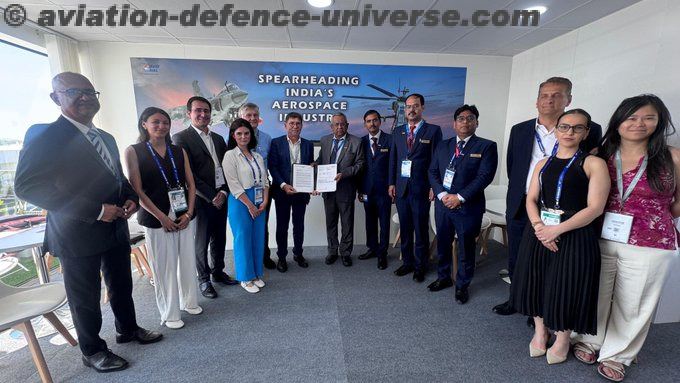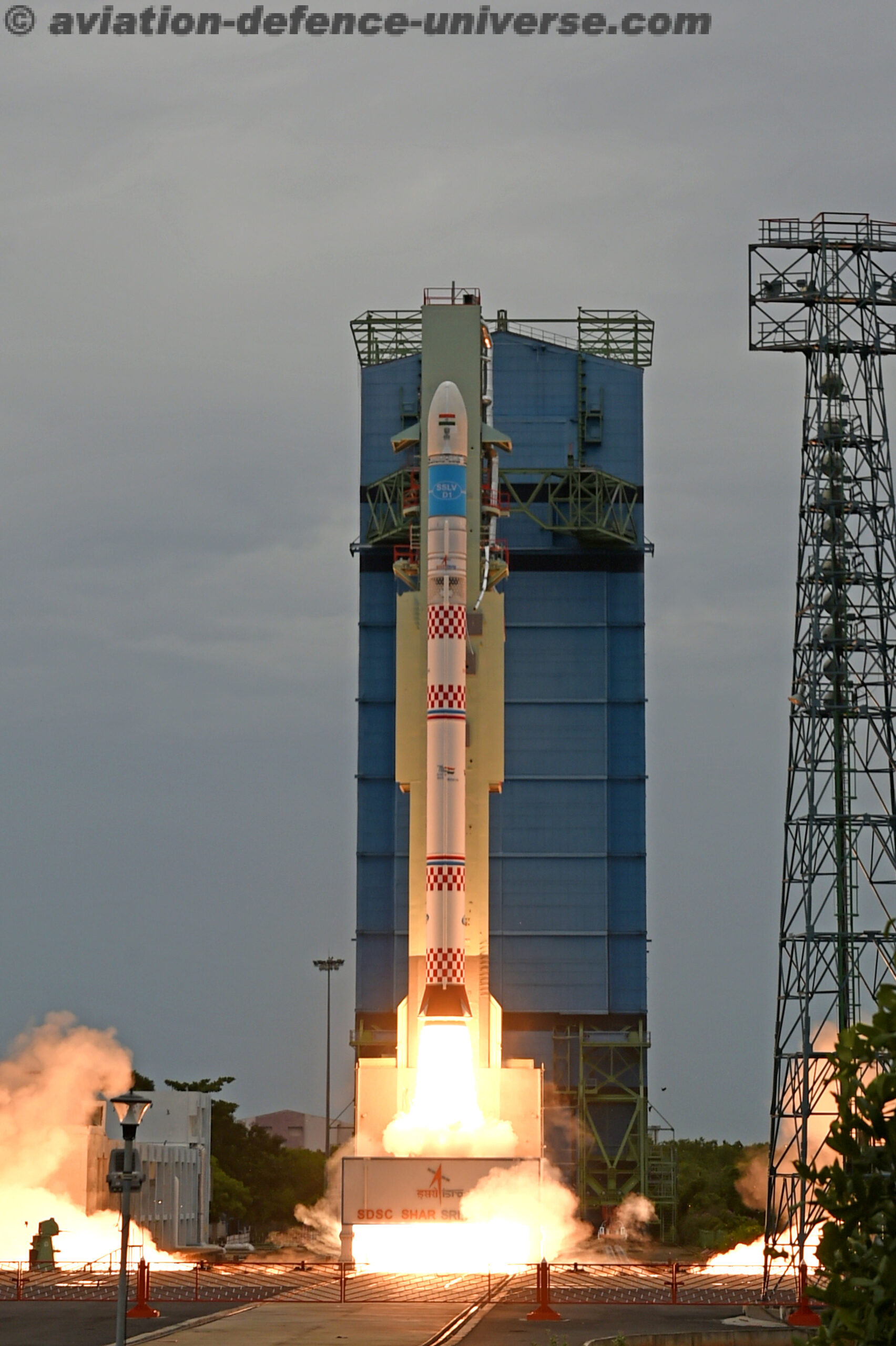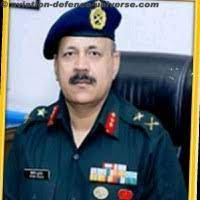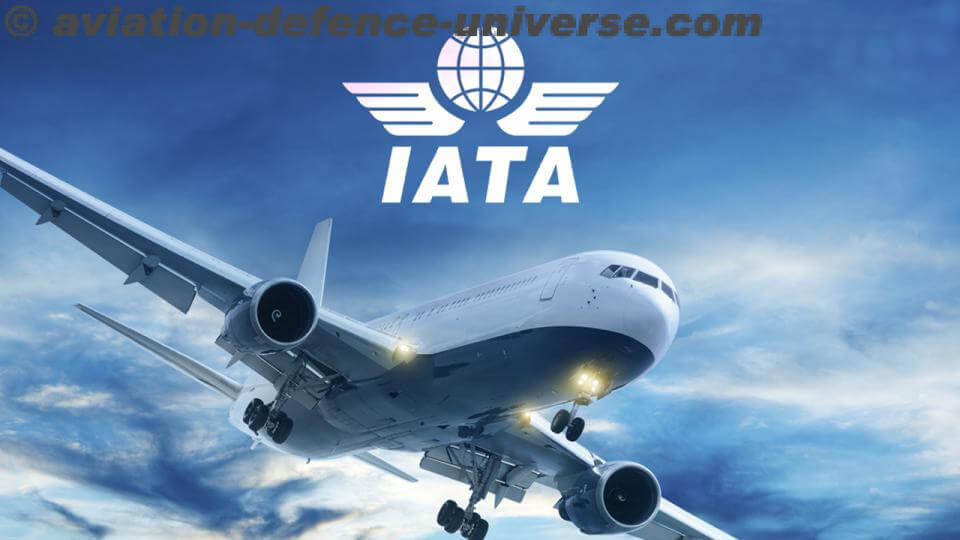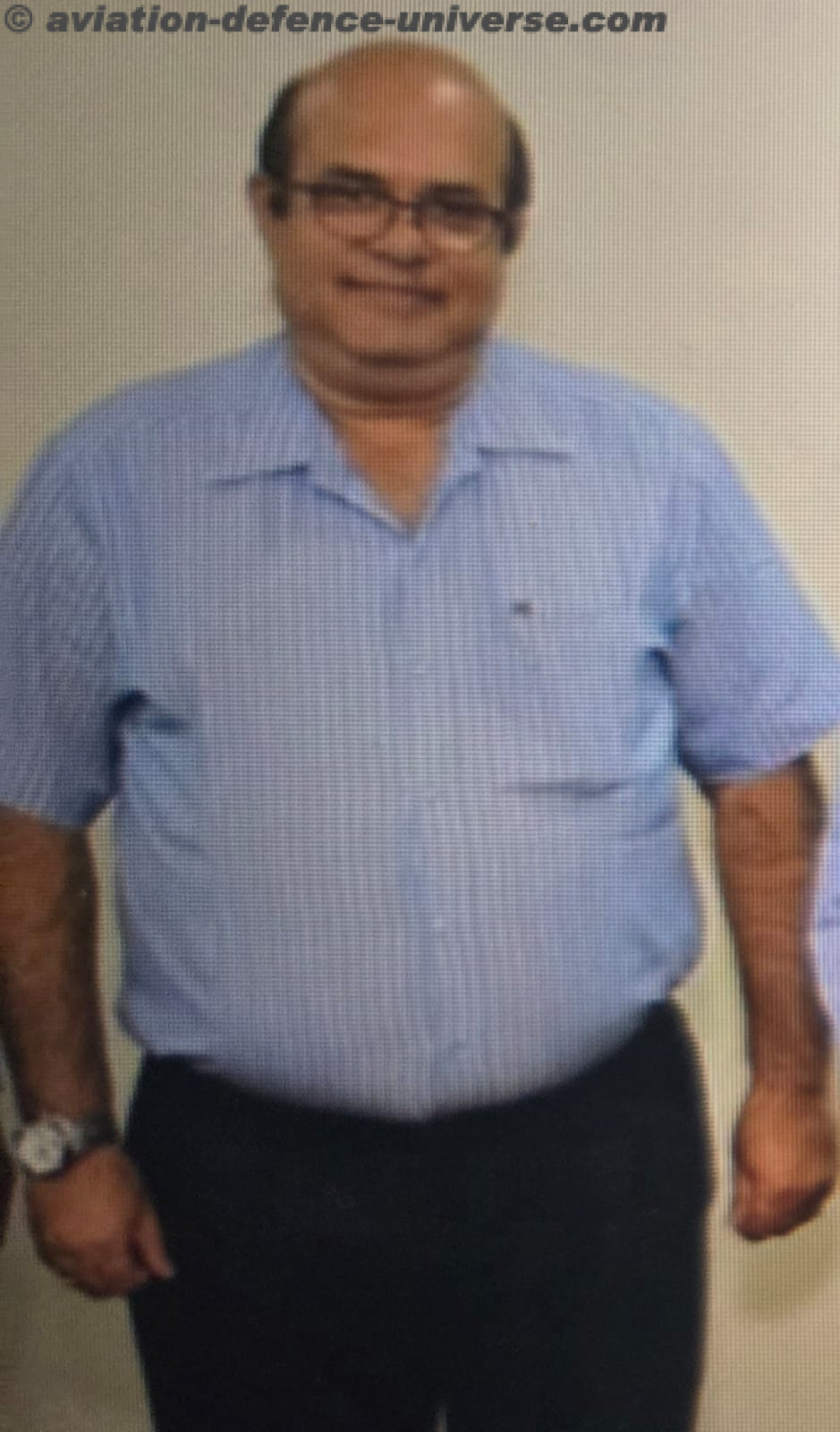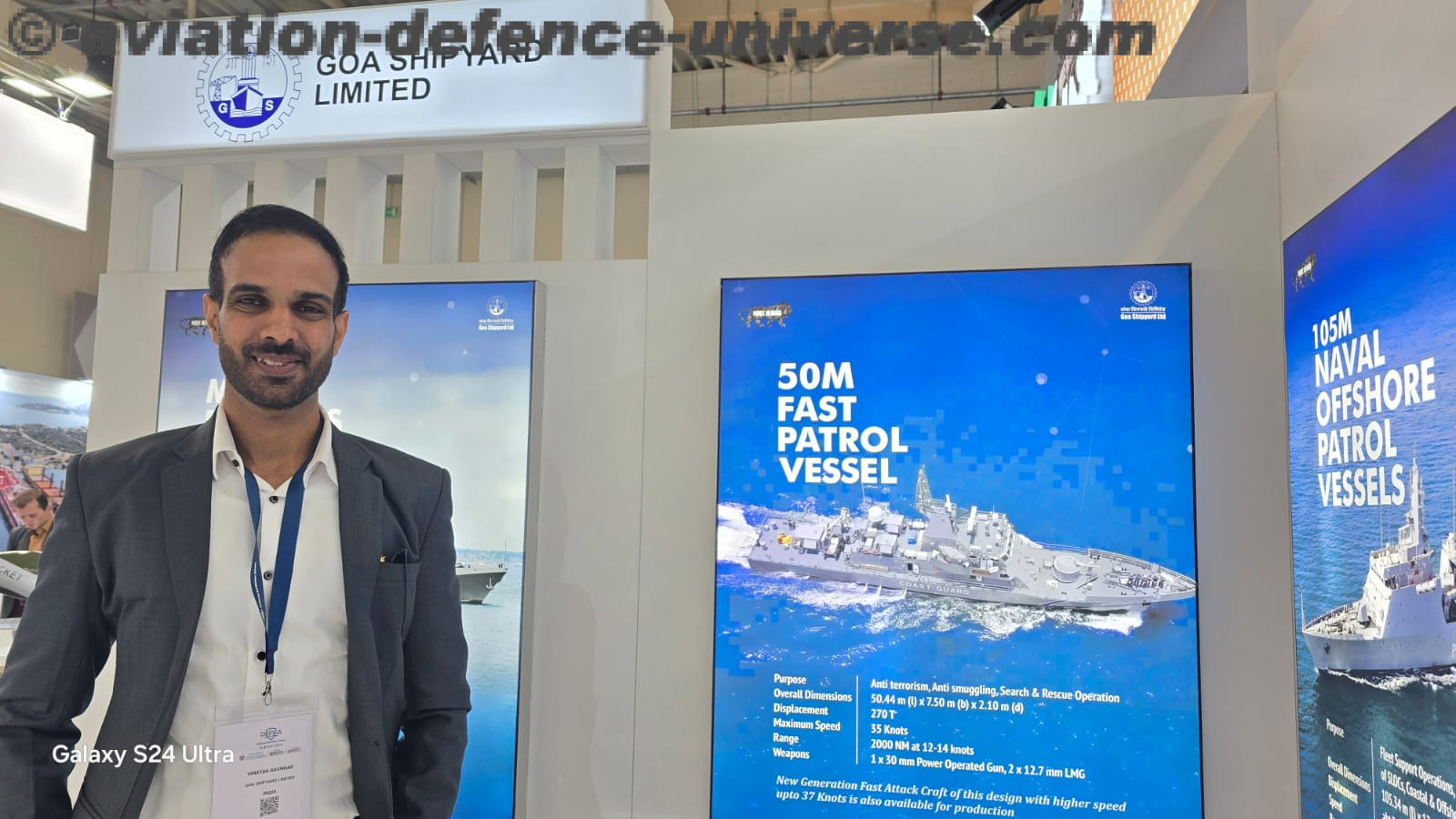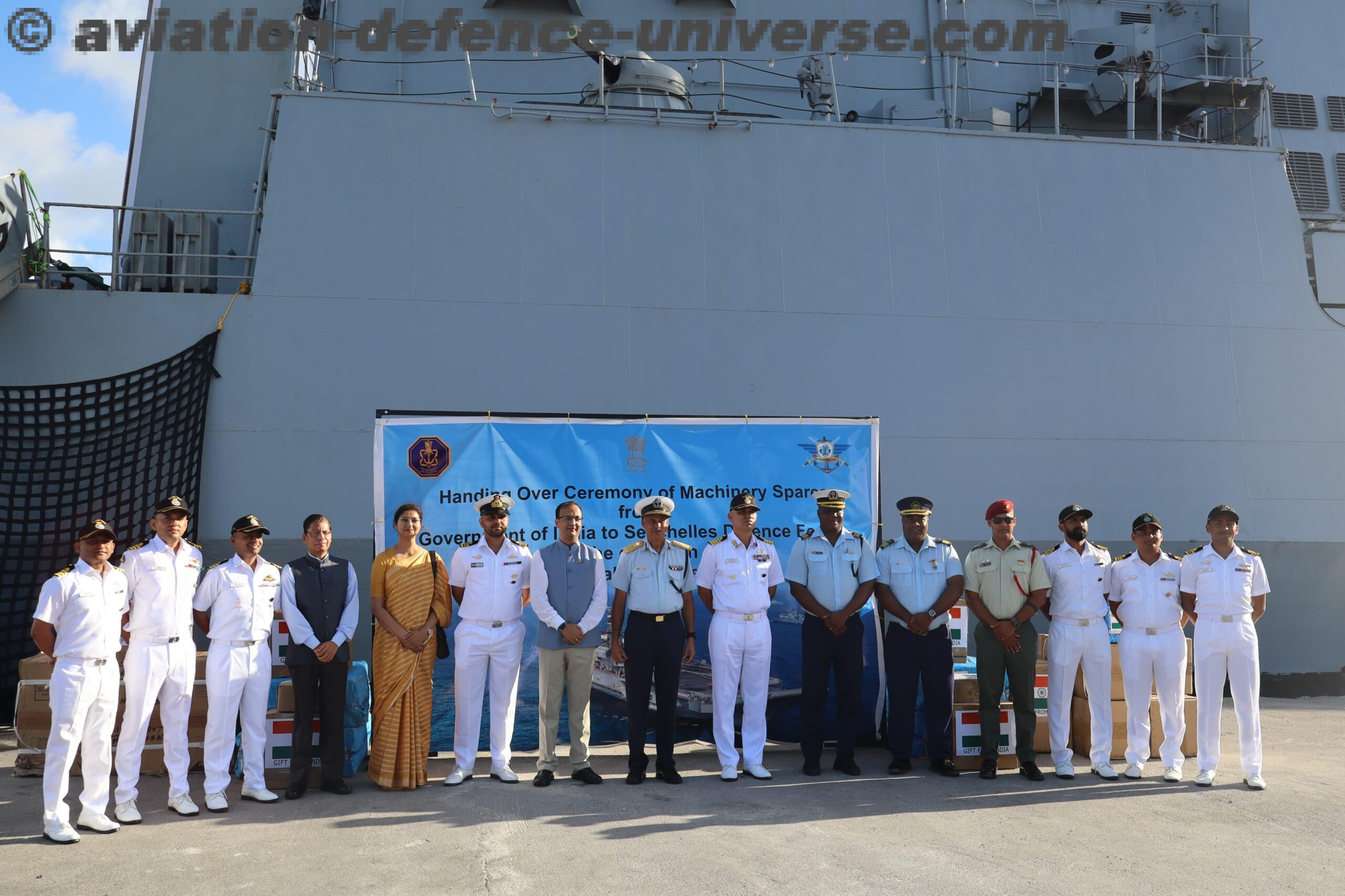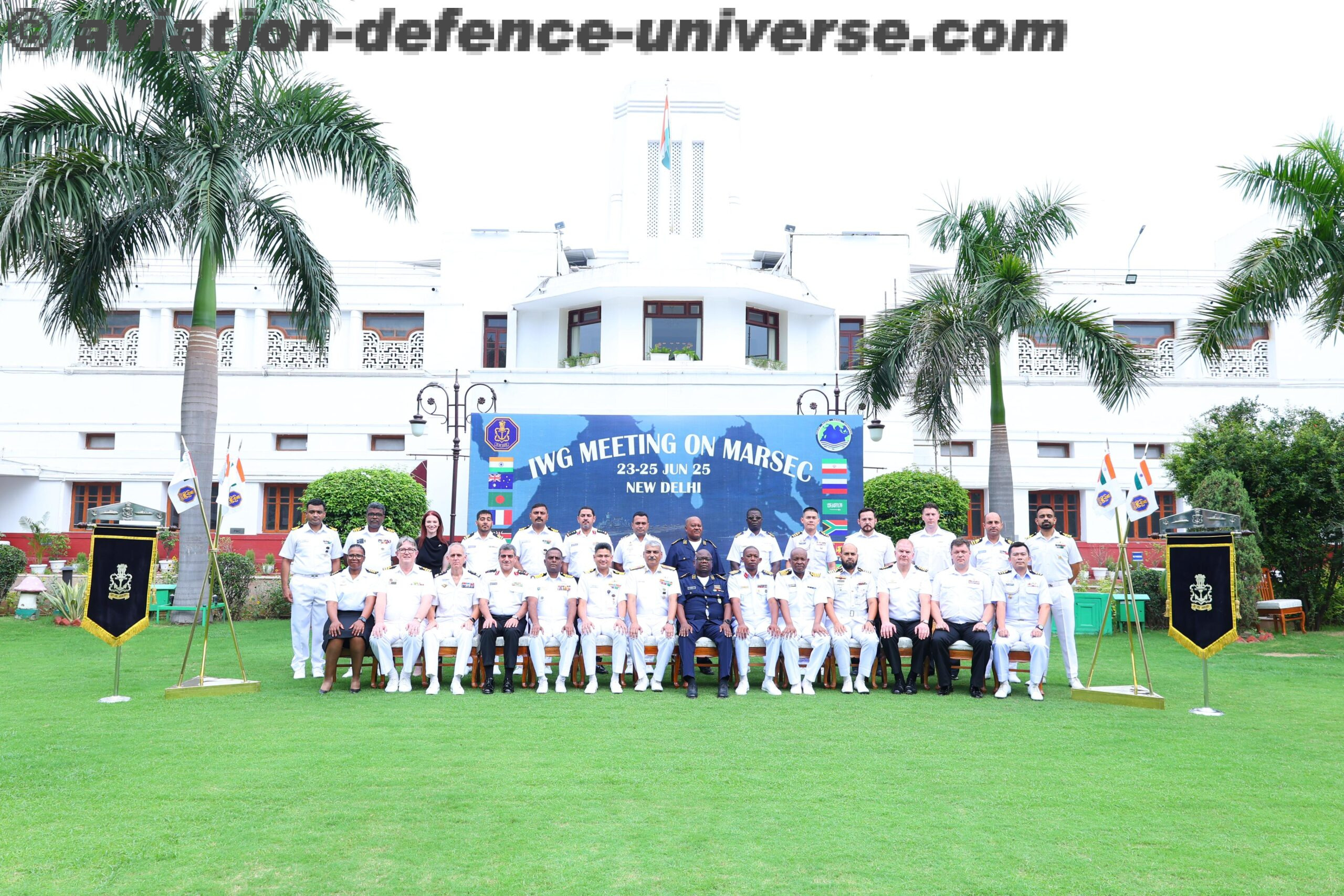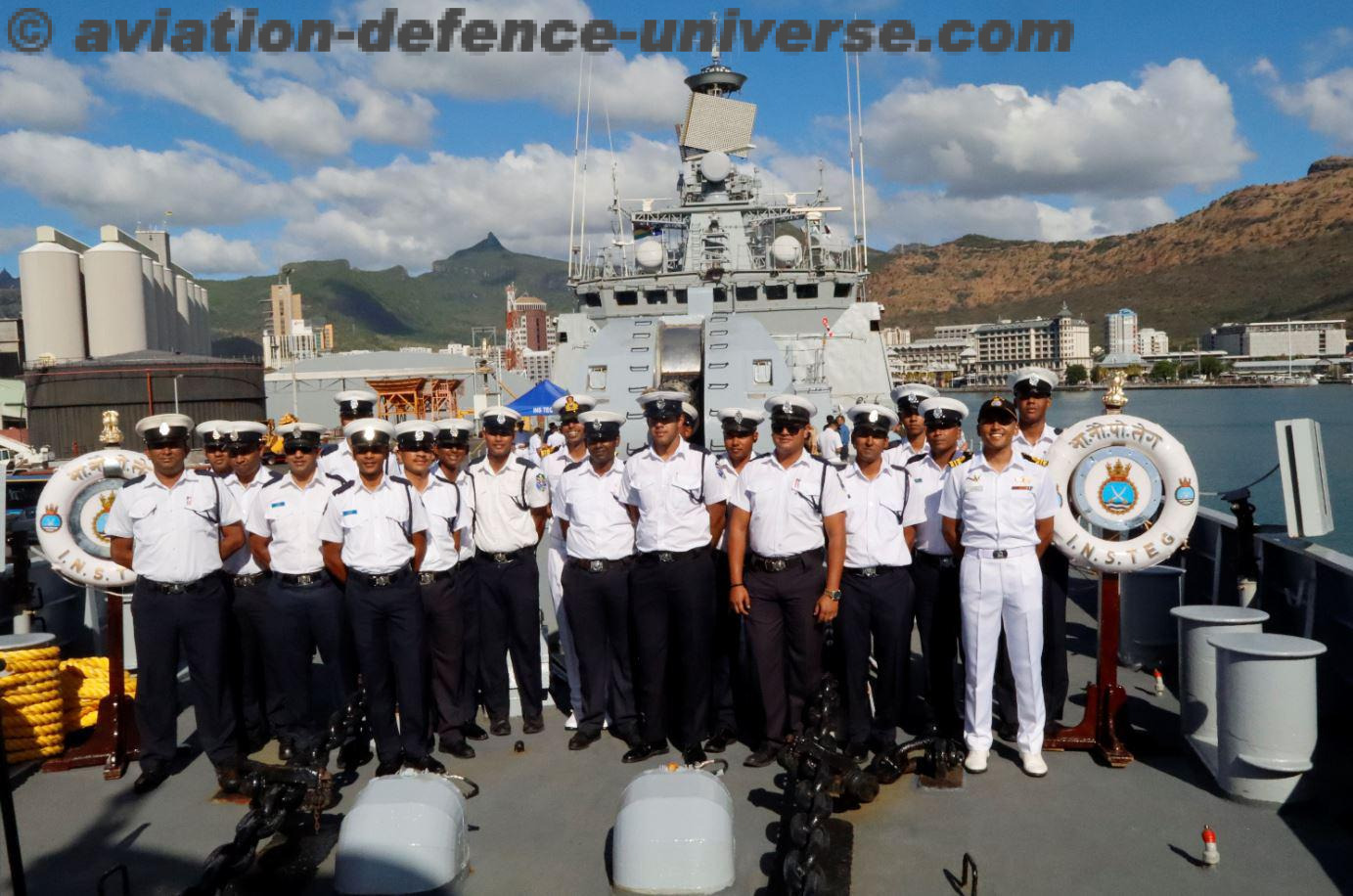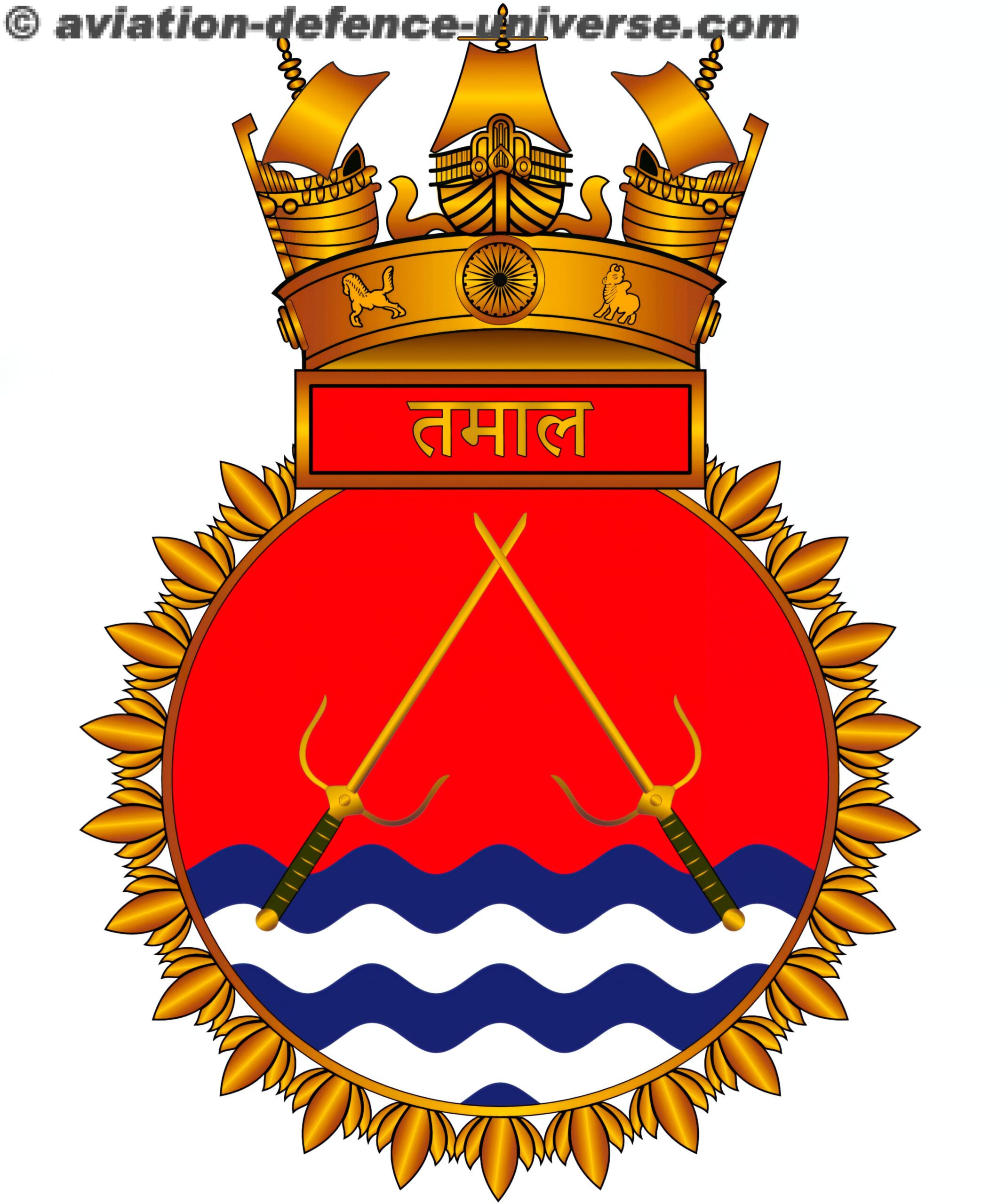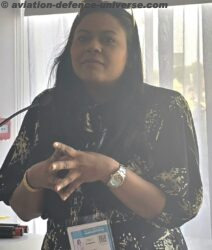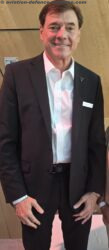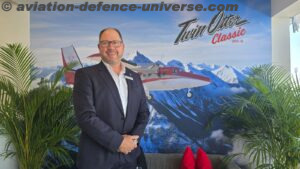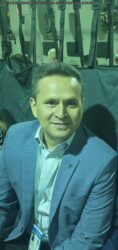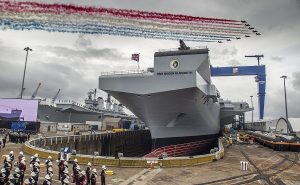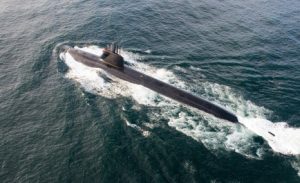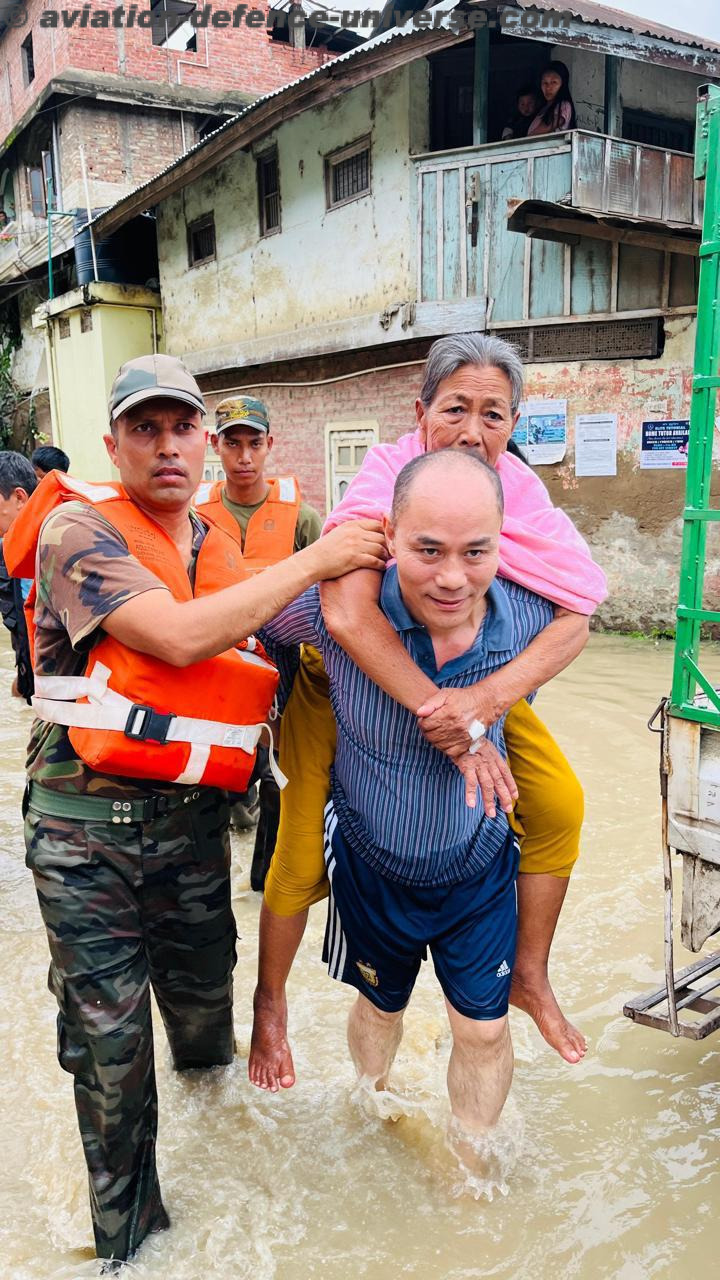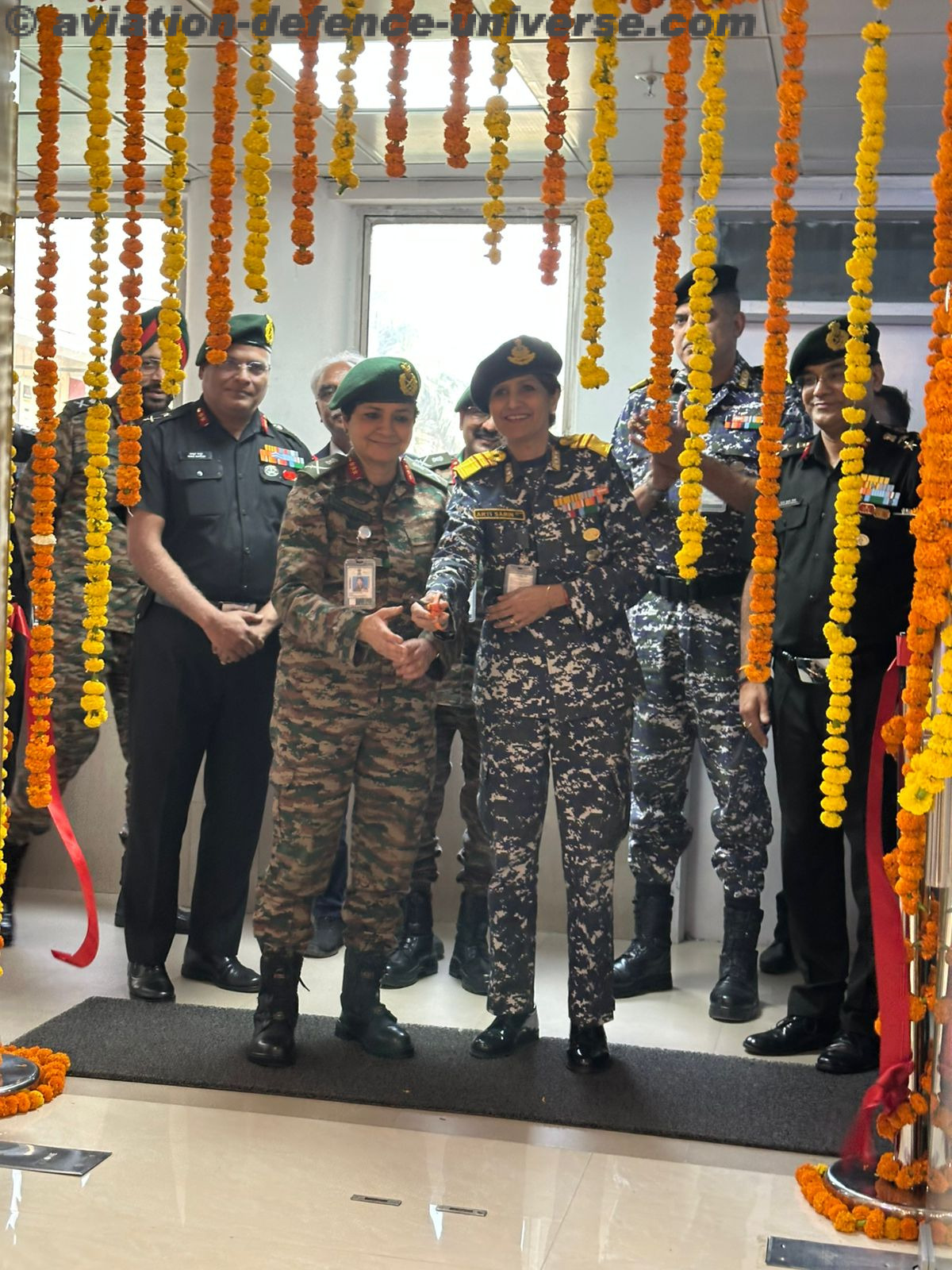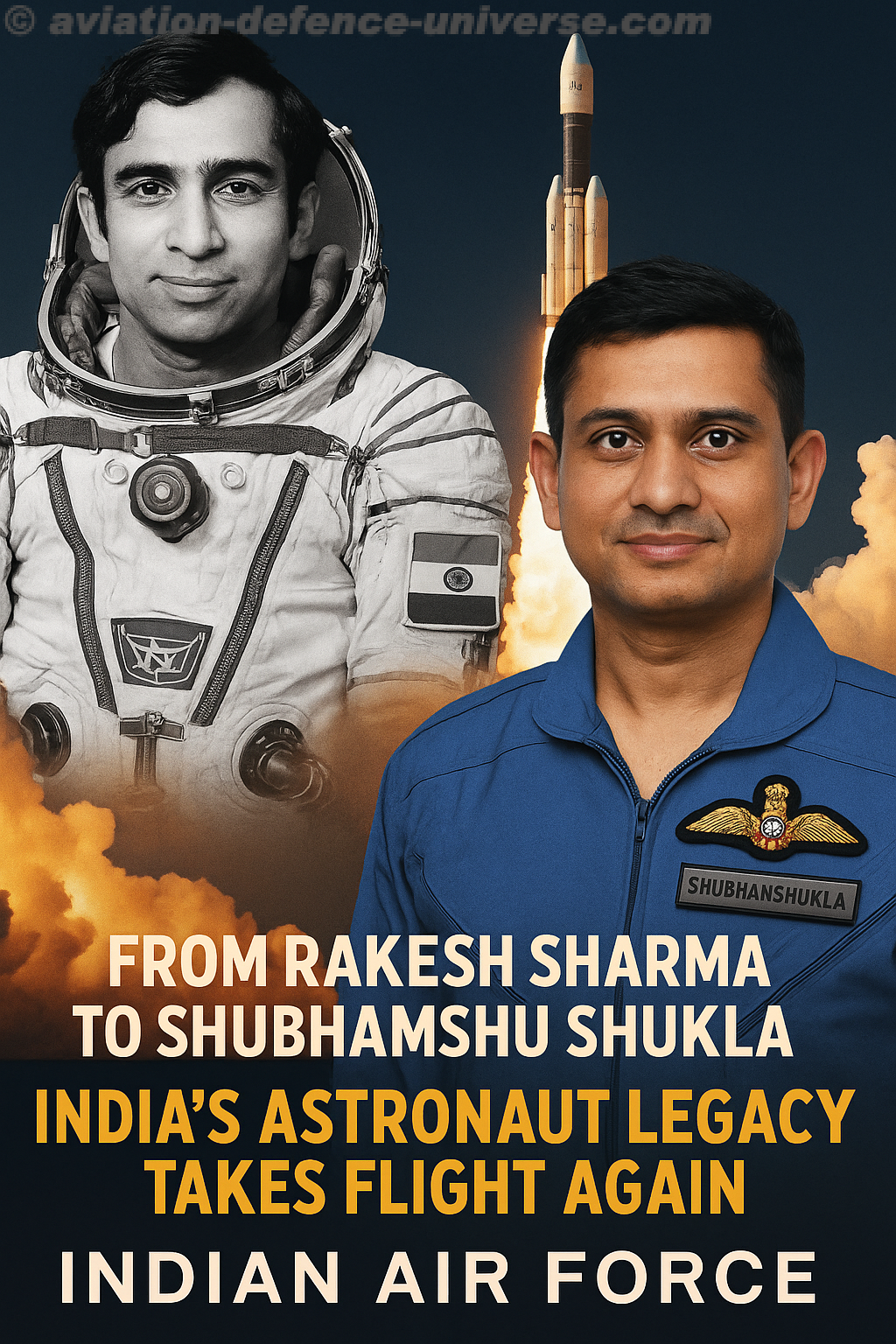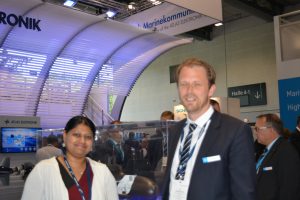 Bremen, Germany. 01 June 2017. “We want to learn, we want to foster our behaviour on the market, and in the interest of the Indian customer basically, we want to be able to cope with the specific customer demands better, and I suppose that this will help us. Make in India is always a big topic for all of us,” told Philipp Schon, Head of Sales, Marketing & Campaigns, ThyssenKrupp Marine Systems GMBH to Aviation & Defence Universe(ADU) in an exclusive interview at UDT 2017.
Bremen, Germany. 01 June 2017. “We want to learn, we want to foster our behaviour on the market, and in the interest of the Indian customer basically, we want to be able to cope with the specific customer demands better, and I suppose that this will help us. Make in India is always a big topic for all of us,” told Philipp Schon, Head of Sales, Marketing & Campaigns, ThyssenKrupp Marine Systems GMBH to Aviation & Defence Universe(ADU) in an exclusive interview at UDT 2017.
ADU. Please explain the merger between Atlas and the Norwegian company?
TKMS. Okay, it’s basically a merge with Atlas . The joint venture we are going to establish with Comms… is separate than that. Competencies we are going to bring out of Atlas and out of TKMS into this joint venture with Commsberg, and will be a 50/50 sharing between TKMS and Comms…. How the consolidated landscape will look like between TKMS and Atlas, that’s currently in the making and the process is running. I expect that we will see the results within this year.
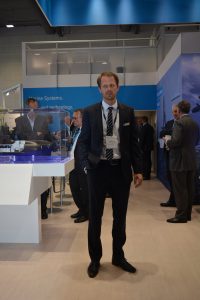 ADU. Why did ThyssenKrupp feel the need for this merger?
ADU. Why did ThyssenKrupp feel the need for this merger?
TKMS. Basically, Atlas has been on the submarine side and we are here on UDT, so this is the area we are talking on. We always have been cooperating quite strongly together with Atlas, but we see also benefits in merging the two companies by removing interfaces between the two companies, to have a thourough understanding between the two companies on the underwater side, but we also see possibilities in developing and joining the capabilities on the surface side, foremost, as well as on the ASW side, so the submarine warfare side and mine countermeasure vehicles, that’s an area we are looking in. Atlas is at the forefront on the system side, we have never been really working the minehunter area, but for us it’s important to see what we can develop, but there are no promises to which way we are going to develop, we want to provide what the customers are looking into.
ADU. Can you give some details about ThyssenKrupp’s Asian market?
TKMS. In the Asian market, if we look on the submarine side, we have basically several customers, if you look at Korea, they are operating exclusively currently TKMS design and submarines. If you look at other Asian countries, like Indonesia or Singapore, they also have either a contract or are operating TKMS-built submarines. We also see other countries like Malaysia, or India, which is quite diverse. If we look at the newcomers into the market of submarines it’s China, definitely there is no question asked. It’s bothering us to say so, but it’s a different type of submarines, and I think what they are offering is not on par technology-wise with what we are offering. To be open, I would welcome if we could have an enhanced dialogue with navies operating these submarines. Currently we do not have a customer who is operating Chinese subs, so they are the new kids on the block, and we are going to experience how this will develop in the future.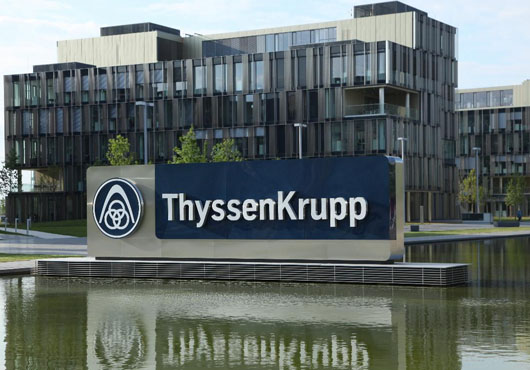
ADU. Atlas Elektronik has a market in India, so the merger will help ThyssenKrupp. Comment.
TKMS. Yes, we also have a footprint in India. These are the things that we are currently discussing. We have both organisations that are having a footprint of around about 10 people in the country. We are discussing if merging is sensible or not. It’s not that the people are doing nothing, they all have a job to do, but we also see that when we look into our upgrade programme we currently conduct with the 209 submarines, or the torpedo dealings that are currently under tender process, or other upgrade programmes that are running through Atlas, you have a very systematic approach on doing this business which is different from other countries. So we want to learn, we want to foster our behaviour on the market, and in the interest of the Indian customer basically, we want to be able to cope with the specific customer demands better, and I suppose that this will help us. Make in India is always a big topic for all of us.
ADU. Yes, after it started it has been all over the world with people questioning ‘Make in India’, what is it? How is it happening?
TKMS. Yes, we have developed several solutions for all of this. On a component basis, on a shipyard basis, but the overall landscaping has not been fulfilled, which is basically the problem we are facing.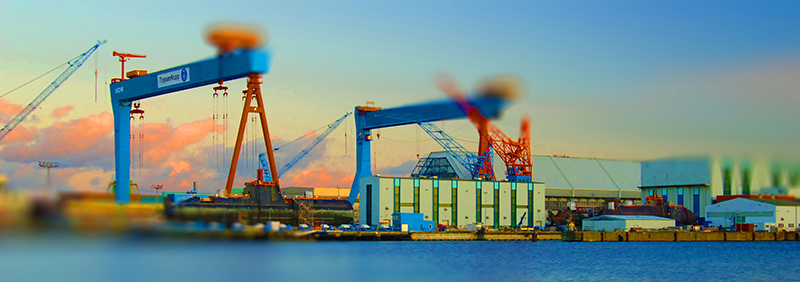
ADU. Post merger is transfer of technology the next step?
TKMS. It’s basically a joint venture in which we contribute from all 3 companies, personnel and expertise, and we have seen that lots of our customers, where we have been having package contracts – Korea, Turkey – have required TOT in the area of communication & management systems. These, if you look at other armed forces, they are quite commodetised. When it comes to the naval forces, and especially the underwater warfare forces, they are extremely different from what they have there. So we have been bringing a lot of TOT into these countries, and now what we really want to foster is really a new level of technology where we can say that this is visibly unique, and we want to offer our customers something that is new, not being there, while bringing additional knowledge to them.
ADU. Is government a boon or a bane when it comes to strategic industry functioning in Germany?
TKMS. I think this is not what we experience from the support we receive since we are of the strategic industry in Germany. We are at the bottom of the learning curve, so to say, so we never have had received any support of that kind, on a broader scale. We receive it now. I think we are going to institutionalise this support. We also have to see who is doing what and in which area and part. That will come. It will come over a period of years, again, it takes time, but I think these bureaucratic approaches, they are taken out of this equation. This is something we’d rather see on many customer sides.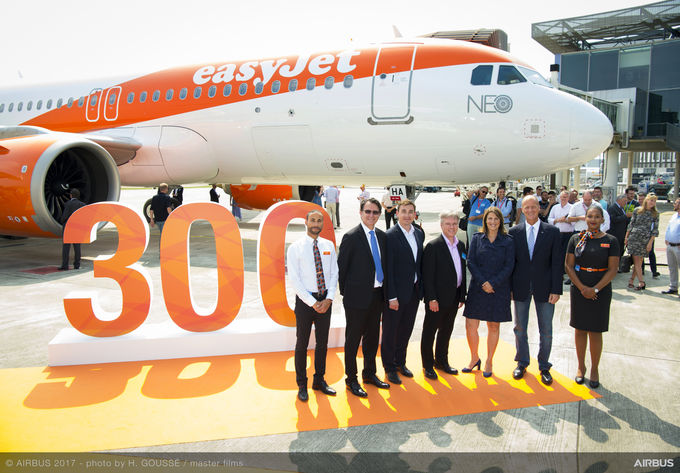
ADU. Why are there so many mergers right now for TKMS?
TKMS. I think with Atlas it has always been discussed, long years now, as you see, I think the display of is also here; Airbus, our partner in the joint venture of Atlas, wanted to do this, and we took the conscious decision to take in the shares. To consolidate there was a process that has taken some time, but we didn’t want to start again with another partner. Comms… is a different piece of the cake, we face always customers who want to have some workshare in their country. Once such a customer comes forward, that initiates our process of evaluating things that are available, and we have seen a great potential, and that’s basically the reasoning. The two things overlapping is coincidence.
ADU. Has UDT been a good marketing exercise for you?
TKMS. For us UDT is not that much a marketing vehicle, it’s more a vehicle for interchange between technical people, and we have lots of our experts here to discuss with parts from other companies and countries topics that are open, so for us it’s more a technical exchange and networking event than one where we see marketing and exhibiting happening.
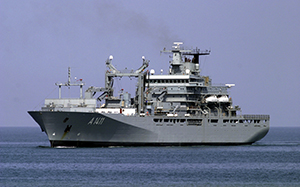 ADU. So, it’s more like a brainstorming station here at the conferences, where you get to know more about what is happening.
ADU. So, it’s more like a brainstorming station here at the conferences, where you get to know more about what is happening.
TKMS. If you always just discuss inside your own circles, you will never get the innovations you want to have. We basically want to see who is developing what, what are the thought processes, customers are coming here as well to participate in these discussions, but they do not expect us to lobby for some product or a type of solution. They want to be engaged in the thought process, and we really learn out of this thought process, and when we are back at home, base, we can discuss these things.
As told to Chaitali Bag
 Bremen, Germany. 01 June 2017. “We want to learn, we want to foster our behaviour on the market, and in the interest of the Indian customer basically, we want to be able to cope with the specific customer demands better, and I suppose that this will help us. Make in India is always a big topic for all of us,” told Philipp Schon, Head of Sales, Marketing & Campaigns, ThyssenKrupp Marine Systems GMBH to Aviation & Defence Universe(ADU) in an exclusive interview at UDT 2017.
Bremen, Germany. 01 June 2017. “We want to learn, we want to foster our behaviour on the market, and in the interest of the Indian customer basically, we want to be able to cope with the specific customer demands better, and I suppose that this will help us. Make in India is always a big topic for all of us,” told Philipp Schon, Head of Sales, Marketing & Campaigns, ThyssenKrupp Marine Systems GMBH to Aviation & Defence Universe(ADU) in an exclusive interview at UDT 2017.  ADU. Why did ThyssenKrupp feel the need for this merger?
ADU. Why did ThyssenKrupp feel the need for this merger?
















